- Thursday, 22 January 2026
Development Takes A Backseat
It is during the election campaign that voters get opportunity to interact with and put forth their concerns before the visiting candidates. But this scribe, while visiting some districts in Bagmati and Gandaki provinces, has gathered impressions that the electorates were least concerned about development issues. With a couple of exceptions, they don't demand a better road, good health and education facilities or water supply. They don't have any agenda to put before the candidates contesting the elections for the members of the House of Representatives (HoR) and Provincial Assembly (PA).
Bhagwati Adhikari, 36, who runs a café at the Main Road in Hetauda Sub-Metropolitan City in Makwanpur and Madhu Sudan Dhungana, 93, of Harnari in Ratnanagar Municipality in Chitwan, appear to be exceptions. They are worried about the political interference in public affairs, corruption, liquidity crisis and inflation. A few of them talked about the national health insurance policy and government's failure to provide chemical fertilisers to the farmers in time.
But it is the political topics that dominated the poll narratives. Young voters, on the other hand, express frustration over the political leadership of the major political parties that led the government at various times and failed to deliver on the promises they made during the previous elections but keep on making tall promises while the development has remained pathetic across the country. This frustration was never relevant as it is now since all the national pride projects are lagging and many of them are witnessing time and cost overrun. The road expansion project of the East-West Highway's Narayanghat-Butwal section should have been completed by some months ago but the contractors have left the project in limbo with just one-fifth completion. People along the highway have been facing various health hazards and business decline due to dust that has covered their houses, shops, playgrounds and crops.
Frustration
Corruption and political interference in every area of development and administration has also upset the voters. They want a stronger leadership in the government and powerful prime minister who could curb the rampant corruption. Recent problems like liquidity crisis have troubled many businesses including cottage and micro enterprises, and they are not getting funds to expand their entrepreneurial ventures. Inflation has also remained as the top agenda for the common public as well as the business people. They blame the government for not taking proactive steps to control the spiraling prices of goods.
This is the impact of the federalism in the country where the local bodies in the past five years or so have tirelessly implemented the development projects. Since the need of the local development is fulfilled by the local government, and also because of the growing awareness of people about the responsibilities of the federal and local governments, they don't put forward the local agenda to the candidates. Likewise, the members of the HoR have mobilised millions of rupees in the development projects in their election constituency from the fund they get directly from the national budget. In their tenure as the lawmaker for five years, they have got more than Rs. 250 million. Each year, they can distribute the money to as many as 25 projects. It seems that the fund distributed to the lawmakers from the state coffers would ultimately help to reinforce their hold in their constituency and maintains the status quo for the upcoming elections thus satisfying the public and diminishing the chances for the victory of new candidates from there.
Yet, the political alliance for the upcoming elections has made the political environment more amicable as people who used to trade fiery words against each other and fight for their candidates and party are now walking together. However, there is a sort of realisation in people that it is worthless to fight with their immediate neighbours for someone who might not come back to them after elections.
Youths' woes
Meanwhile, contrary to the earlier fears, nobody talked about the support of the Millennium Challenge Corporation (MCC) of the United States of America to build a high-capacity cross-border transmission line and road upgrading project.
Both candidates and public have not tried to make the grant project as an election agenda. But landless squatters have a single priority – obtaining land ownership certificate while youth across the region lamented lack of employment opportunities and poor wages and salaries.
Even the hotels and restaurants in tourism city of Sauraha, are paying a meagre salary to the graduates of hotel management which costs more than a million rupees to study.
In all this, provincial government features nowhere. It is not the topic for anyone, no one talked about the candidates for the provincial assembly nor complained or praised the incumbent assembly members from their constituencies.
Not a single voter that this scribe talked to touched on the provincial programmes, budget or its candidates. But many appreciated the local government for their proactive actions and immediate response to the public need. This indifference of the public towards this sub-national government could lead to a debate if the country could fare well in two-tier federalism. For people, the large and national projects are executed and managed by the federal government, and programmes and projects in their area are managed by the municipal governments.
(Dhakal is a journalist at The Rising Nepal.)









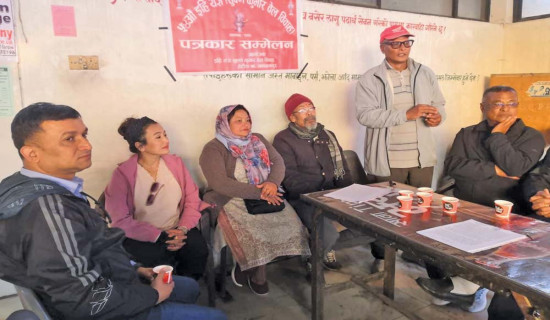
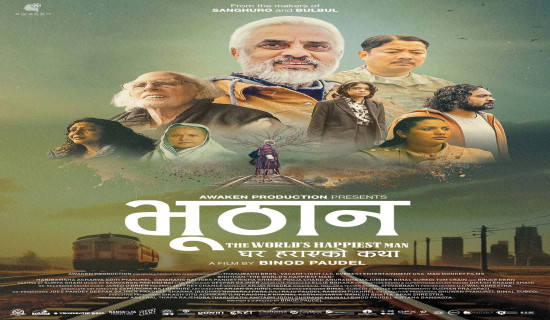
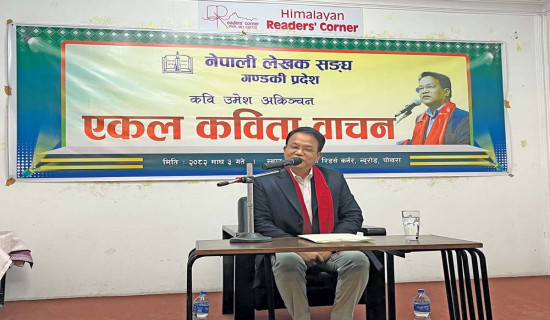
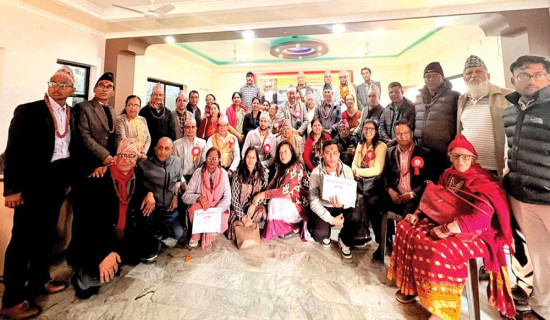
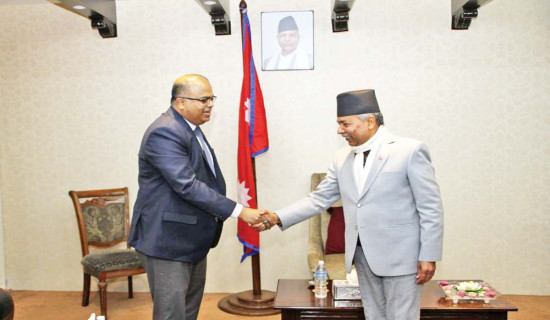

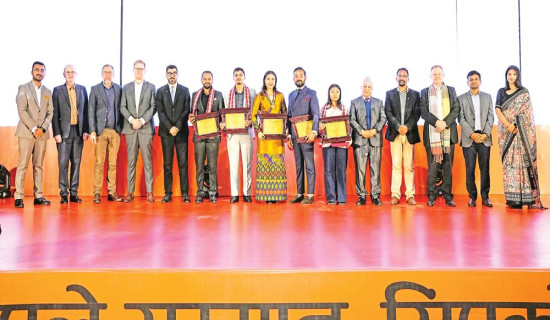
-original-thumb.jpg)